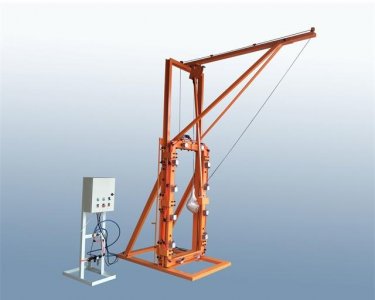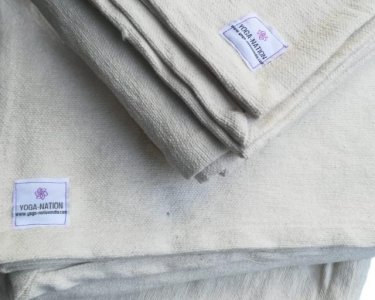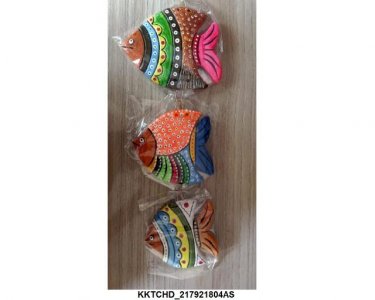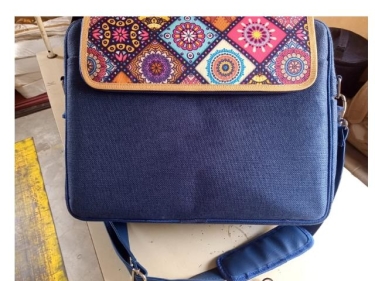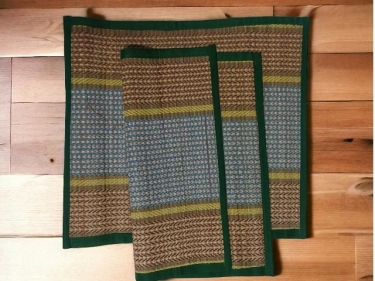Search Results for "liechtenstein" in "Liechtenstein" on Export Portal
Active Filters
-
Keywords:
-
Country:
- Clear all
New Search
Couldn't find the product you want?
Fill out this form to request the product.
Exports

Liechtenstein is a small country situated on the east bank of the Rhine River, south of Lake Constance, between Austria and Switzerland. It consists of low valley land and alpine peaks. Around half of Liechtenstein lies in the mountains (Central Alps).
Being a small, but a very productive country, we see that the domestic market of Liechtenstein is not able to consume everything produced in the Principality. Therefore, import and export are key to the economy, with many more goods and services exported than imported.
Liechtenstein mainly exports machinery, metal by-products, vehicles, chemical products, beverages and processed food.
Liechtenstein's main exports partners are Germany, the United States, Austria, Finland, Italy, China, the United Kingdom, Spain and Sweden.
Industries of Liechtenstein include: electronics, metal manufacturing, textiles, ceramics, pharmaceuticals, food products, precision instruments and the country mainly exports the following commodities: small specialty machinery, dental products, stamps, hardware, pottery. But that is not all, Liechtenstein also deals in nuclear reactors, boilers, machinery and mechanical appliances; Natural or cultured pearls, precious or semi-precious stones, precious metals, metals clad with precious metal and articles thereof; imitation jewelry; coin; Optical, photographic, cinematographic, measuring, checking, precision, medical or surgical instruments and apparatus.
Sellers, importers and exporters are welcome at Export Portal. Here is an ideal place to develop the steady trade within Liechtenstein and out of it, worldwide.
Customs requirements of Liechtenstein
Liechtenstein Customs Contacts
Website: http://www.ezv.admin.ch/
Address: Vorarlbergerstrasse 233, 9486 Schaanwald
Tel: 00423 377 73 73
Liechtenstein is a doubly landlocked German-speaking microstate situated in Central Europe, bordered by Switzerland and Austria. Liechtenstein has the 3rd highest GDP per person in the world. The country is a member of the European Free Trade Association (EFTA), World Trade Organization (WTO) and other international organizations.
Tariffs
Liechtenstein applies Switzerland customs duties and import tariffs, based on the customs union treaty of 1923 between Liechtenstein and Switzerland. Tariffs and duties depend on the products and are listed on comprehensive tariffs and duties lists.
Liechtenstein also adopted the VAT law of Switzerland. The general VAT rate is 8%. Various services are VAT-exempt (e.g. health, social security, education, banking, insurance).
Liechtenstein applies excise taxes, such as petroleum tax, tobacco tax, car tax, CO2 tax, beer tax, salt tax, taxation of distilled spirits).
Product certification, packaging and labeling
All imported goods must be presented to the appropriate customs office and declared for clearance. Imports must be declared within one day (at latest) of arrival in the country, no matter the means of transport. The importer may examine goods before submitting them for clearance.
For customs purposes, an ordinary commercial invoice is considered sufficient documentation. The invoice should contain: a description of the products and packaging, gross and net weight of each package, quantity (in metric terms), country of origin, and c.i.f. value to the Swiss/Liechtenstein border.
A certificate of origin may be required for preferential tariffs, health, or quality control reasons. For instance, special health certificates, stamped by the competent authorities of the country of origin, are required for imports of horses, bovine animals, farm animals, certain domestic animals, bees and eggs for hatching, meat, game, seafood, beeswax, and comb honey from non-EC member countries. Official plant health certificates from the country of origin must accompany shipments of vegetables, fresh fruits, and wild plants.
Switzerland and Liechtenstein may prohibit imports according to their origin or for phytosanitary reasons. Imports of agricultural goods may be prohibited temporarily or permanently for phytosanitary reasons.
As a general rule, the label and packaging for consumer goods must indicate the specific name of the product (in French, German, and/or Italian), metric measure, sales or unit price, weight of each component in the case of mixed products, and ingredients and additives in decreasing order of weight.
In addition to the standard information, labels on biological (or eco) products must show the name and address of the producer, and indicate "organic/biological product".
Documents for import
- Bill of lading
- CMR waybill
- Commercial invoice
- Customs import declaration
- Packing list
Sources:
http://www.ezv.admin.ch/zollinfo_firmen/04020/index.html?lang=en
http://taxsummaries.pwc.com/uk/taxsummaries/wwts.nsf/ID/Liechtenstein-Corporate-Other-taxes
http://www.doingbusiness.org/data/exploreeconomies/switzerland/#trading-across-borders
https://www.wto.org/english/thewto_e/countries_e/liechtenstein_e.htm













